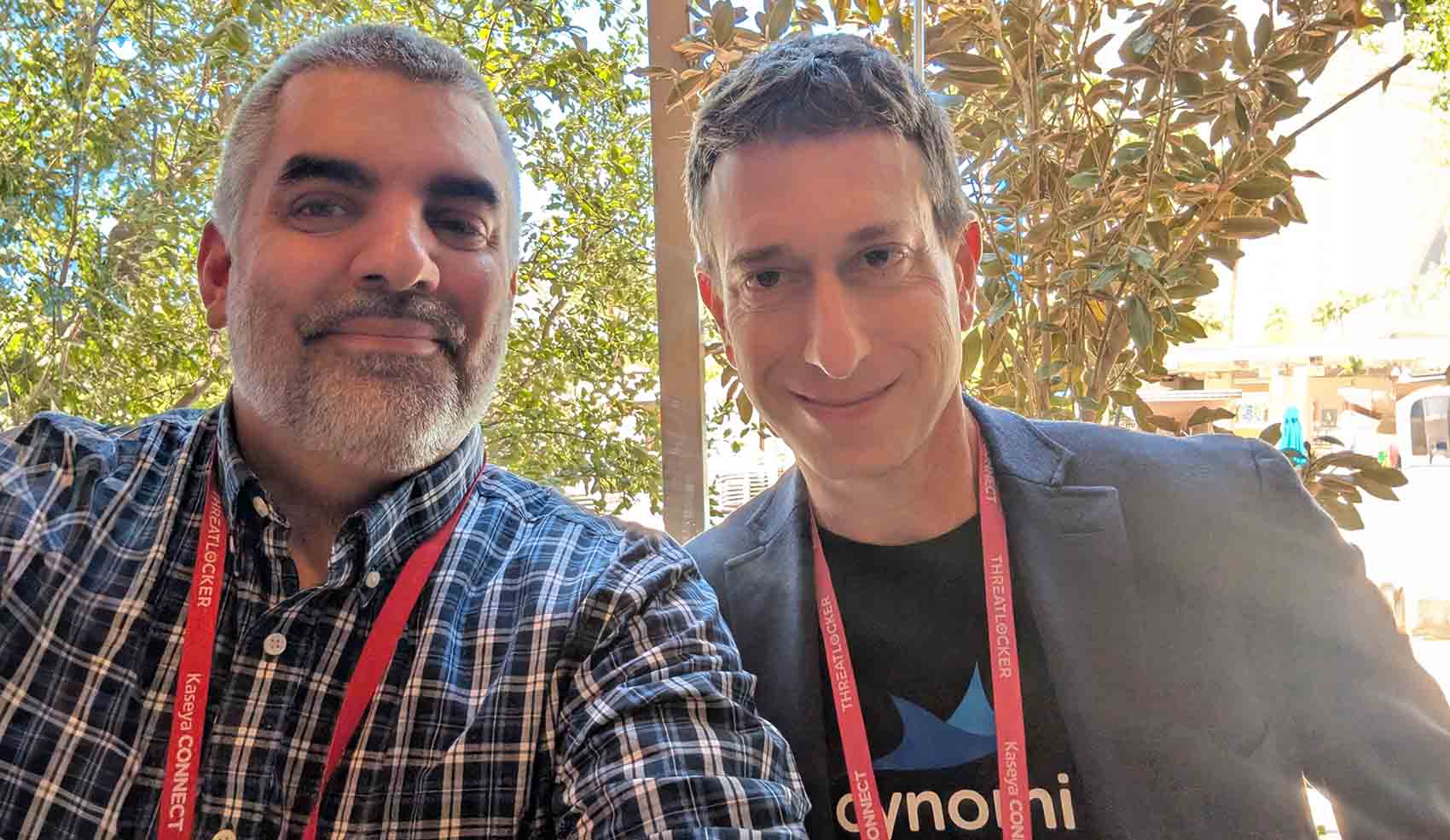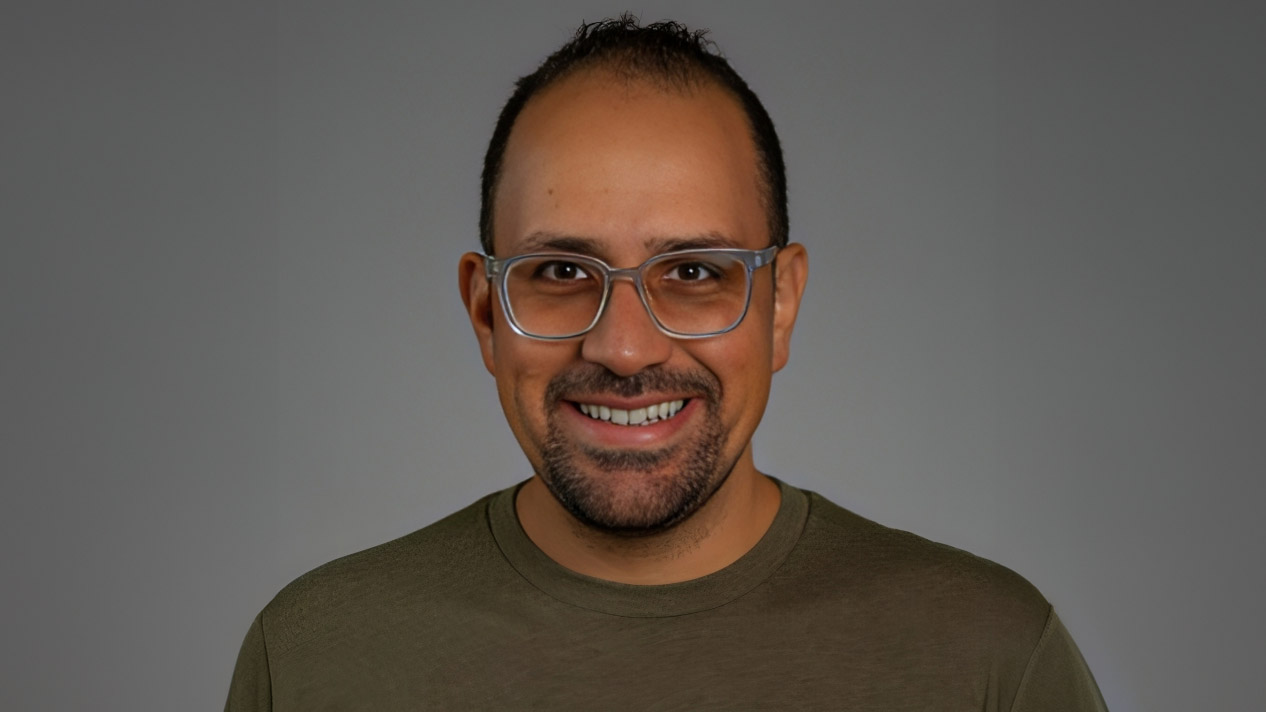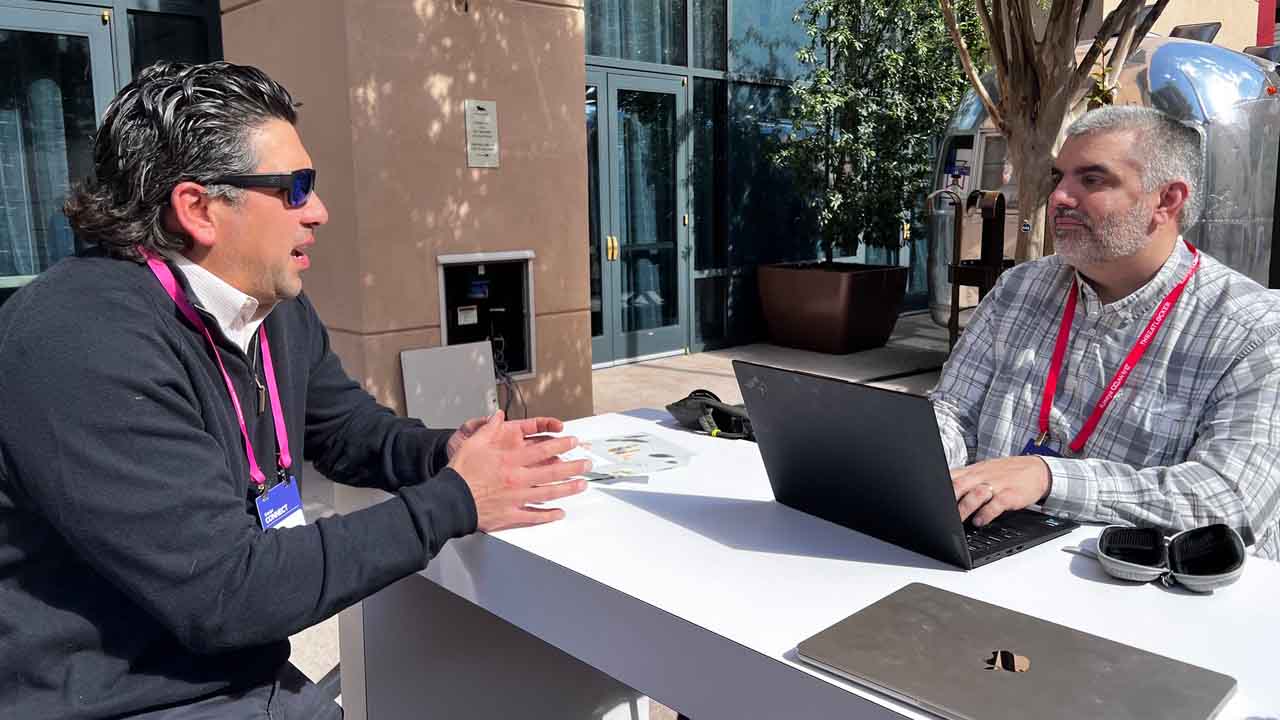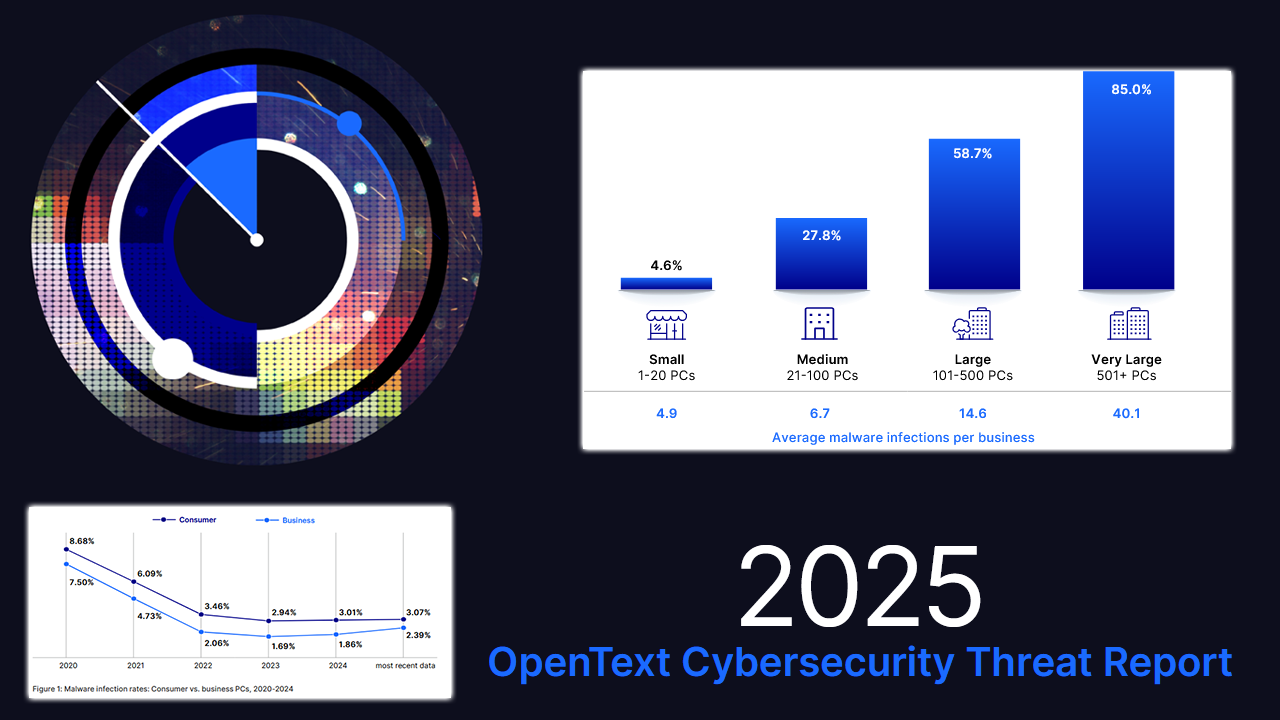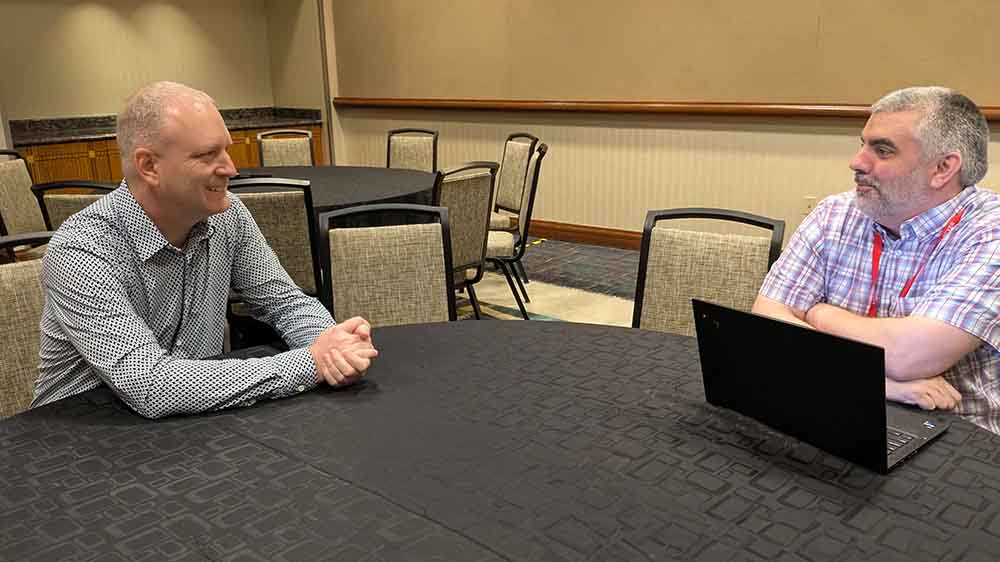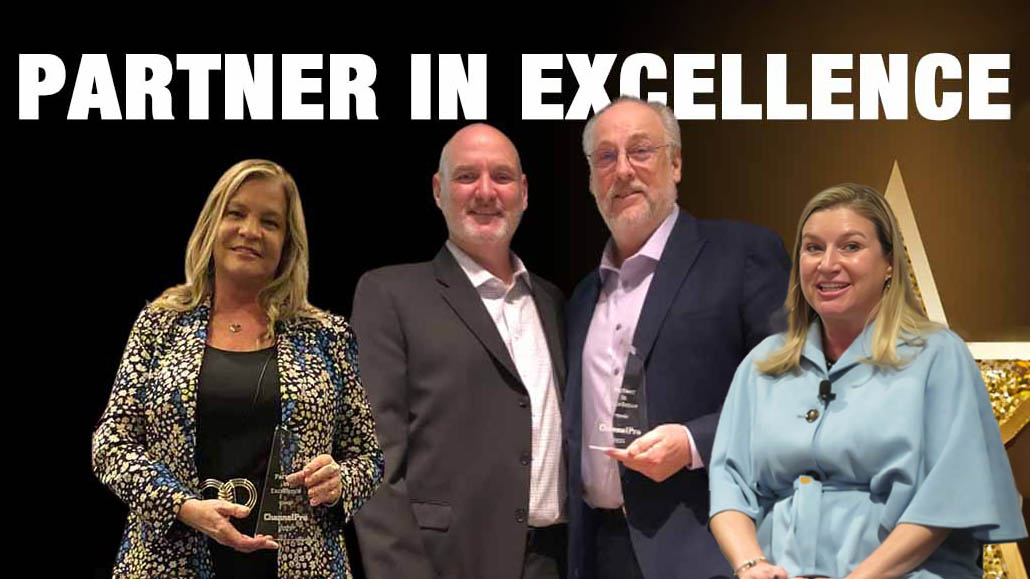This article is based on the Technician Management Issues and Answers session at ChannelPro‘s Cloud and Managed Services Online Summit in January.
Esteban Blanco hires technicians with the knowledge that they will be providing the care and feeding of his customers, so he wants them to be as passionate about that as he is. “I try to find people that think like me and that are obsessed with customer service,” says the owner of Blanco I.T., a managed service provider in Arlington, Texas.
Not that tech skills aren’t important, but Blanco and other MSP leaders like him are prioritizing a cultural fit for these front line workers. Here are some tips for finding the right techs and then nurturing them for long-term retention.
A Mindset That Fits the Culture
Your technicians are the first voice customers hear when they have a problem, so it’s important they feel like they are in good hands. “I can teach the technical part, I can teach it all day long, but I need to find somebody that, when they’re in front of the customer, the customer feels comfortable,” Blanco says.
As the owner of the business, Blanco sets the tone for a culture that values customer service and seeks technicians with the same mindset. “I’m looking for people that think like me when it comes to customer service and ensuring that we’re giving absolutely stellar customer service every single time we have an interaction with a customer.”
For Joanna Mirov, founder of MXOtech, an MSP in Chicago and now part of national MSP Ntiva, an extensive pre-screening process provides a good picture of an applicant’s technical aptitude prior to an in-person interview, and she has applicants take a DiSC personality profile as well. Once an application advances to an interview, however, Mirov likes to keep it conversational rather than have it feel like a test.
“I think through that conversational interview, you’re able to get a good read on the cultural fit of the person,” she explains. “Reviewing the outcome of that interview with the people that they might be interacting with that are already part of your company is extremely important as well.”
Benjamin Pearce, president of ACP Technologies, takes a similar approach, with his team initially vetting candidates. When it comes time for them to interview with Pearce, “I’m not asking technical questions. I just want to see if they will be a good fit within the organization.”
Indeed, ACP recently hired a pizza shop manager, someone whose resume Pearce initially passed on but took a second look at after receiving a referral. “His aptitude and his personality was he wanted to be part of the team. He had great customer service skill that he learned somewhere else. And he is a great employee.”
Onboarding for Success
While you may have hired a tech because they seemed like a good cultural fit, ensuring their success requires an onboarding process that reinforces the culture. “Our core values are constantly at the forefront of what we do every single day, making sure we’re showing care and ownership, responsibility, and excellence in what we do,” says Joe Cicirelli, director of remote operations for Ntiva, which is headquartered in McLean, Va. “The way you really train that is to set expectations for those interactions that they’re going to be having with the customers, whether those customers be internal or external. …You have to train people how to write an email or how to pick up the phone.”
Mirov has new hires take The Compassionate Geek customer service training, which covers skills such as emotional intelligence and better listening. “I want to make sure that the person’s going to have the customer service skills to be the compassionate geek to my clients and to one another,” she says. Having new hires go through the same training, she adds, ensures that “everyone’s speaking the same language and understands what the expectations are of your culture and one another.”
Mirov seeks “a buy-in culture” with employees too. In addition to the training, she has them journal for their first four weeks of employment. “They have to journal their experience. What do they learn? What do they observe? And that’s also how we get the buy-in culture right from the very beginning because we read that feedback. And sometimes, as a matter of fact, when people are new, they get the best ideas because they haven’t been doing it” all along.
Pearce, for his part, has new ACP employees spend some time with him. “That personal relationship we start to have with each individual throughout the first three months [is] probably most important and then everyone settles in.”
Blanco spends time with new hires as well, taking a very hands-on approach to onboarding and training. “It is making sure that you’re visible. It’s making sure that when they start, you don’t just throw them up to the wolves and wish them the absolute best of luck.” He personally trains new technicians. “Why? Because I want them to do it my way. If the company was called Texas Technology Group, maybe I could be less visible, but it’s unfortunately called Blanco I.T. and I’m Blanco.”
He even goes out to client sites with new hires and works alongside them. “I drive with them to the clients and make sure that they see me do the work, they see me get under the desk, they see me pull that cable, because one of the things that I feel it’s important for them to understand is that I am willing to do their job. I am willing to get dirty. I am willing to do everything that I’m asking them to do. Not only I’m willing to do it, but I know how to do it.”
Blanco feels this goes a long way to instilling culture. “I think it is important that you are visible and you’re doing the training because the culture is you.”
Retention Strategies
Once they’re on board, holding on to your best employees requires nurture, recognition, and an advancement path. “In order to actually have a career path for people, you have to have clearly defined roles and responsibilities for the job that they’re currently in and the job that they can potentially move to,” says Cicirelli. He advises regularly working with those employees to make sure they’re hitting the goals needed to get to the next level, such as obtaining certifications.
In addition to a career path, Mirov believes it’s important to discuss a life path with employees. “I’ve always been a big believer about the whole person and for me it’s never just been a business conversation. … When I’ve asked our staff why some of them have stayed as long as they have, they felt like we cared about them.” In both individual conversations and company-wide meetings, topics such as investing in a 401K, saving for college, and buying a house are discussed.
Blanco also stresses work-life balance along with financial benefits. “We give them unlimited sick time, unlimited vacation. If you finish all your work and all your tickets and everything is done by 1:00 p.m., take the rest of the day off.” Providing work-life balance, treating employees fairly, and rewarding them financially is key, he notes. “This year we, even though the economy right now is hard and inflation is high, we decided to go to a 10% raise as opposed to the standard 7% raise. Why? Because they earned it. Because they’re working hard.”
Recognition of hard work is a retention strategy Cicirelli uses too. For instance, he has all his managers put time on their calendars to recognize their employees. In addition, “We have customer satisfaction surveys that go out after every ticket that we closed. So we have a recognition program within Ntiva called Bucket List that we go in and award people points. Those points can be used for gift cards or experiences.”
The point, he says, is to create “a culture of recognition, and not just something that you do when you remember to. We want to be able to recognize our people often and in a timely fashion because it’s important. And people want to be recognized. They don’t just want to collect the paycheck every two weeks. They want people to know that other people recognize that they do a good job.”
The bottom line, concludes Blanco, is that the effort required to find techs who fit the culture and to keep them happy and engaged is worth it. “We’re on year nine [of the business]. So far so good. It’s working really well. And we continue to grow every single year because employees are happy and the customers are happy. I think that’s the recipe for the success.”
Image: iStock









